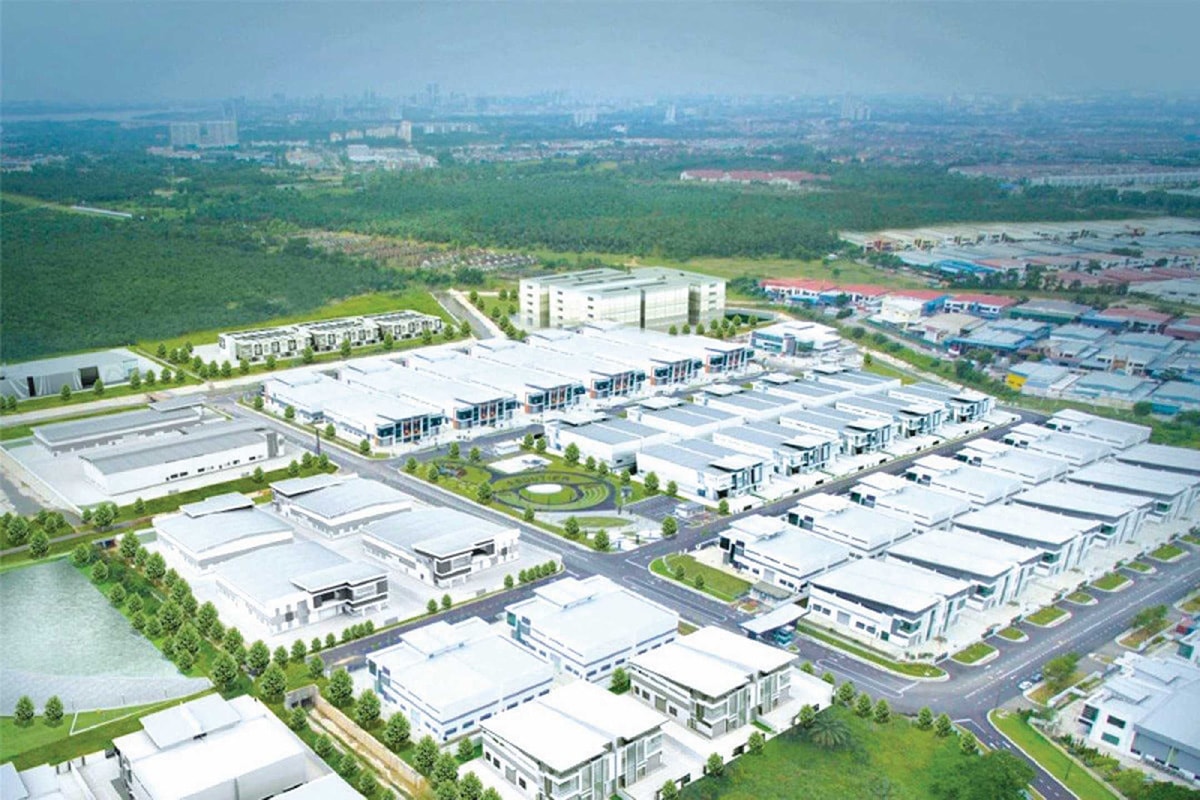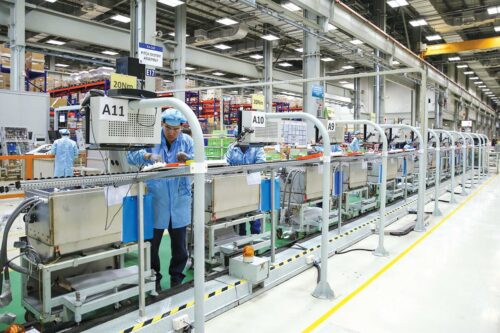By Mr. Dinh Hong Ky – Published in Saigon Entrepreneur Magazine, October 13, 2025.
In the context of Vietnam’s commitment to achieving Net Zero emissions by 2050, the trend toward green and sustainable economic development is not only a responsibility but also a strategic opportunity.

Major markets such as the EU, the United States, and Japan have introduced strict technical barriers on emissions and supply chain transparency—through mechanisms like CBAM (Carbon Border Adjustment Mechanism) and ESG (Environmental, Social, and Governance).
This compels Vietnamese enterprises, if they wish to integrate more deeply into global value chains, to accelerate their green transformation.
Ho Chi Minh City’s Entrepreneurs: Quick to Adapt to Global Trends
The entrepreneurial community of Ho Chi Minh City has demonstrated remarkable agility in adapting to this new paradigm.
Many local brands have developed internationally certified green products, participated in global exhibitions, and become trusted partners of major multinational corporations.
This marks an important leap that enhances not only the reputation of businesses from Ho Chi Minh City but also Vietnam’s position on the global economic map.

A “green generation of entrepreneurs” will serve as a pioneering force—courageous in innovation, committed to social responsibility, and capable of leading systemic change.
They will reshape everything from product design, production organization, and brand building to how businesses engage with communities and customers.
They are not merely entrepreneurs—they are architects of a sustainable future.

Fostering and Developing a Green Entrepreneurial Generation
To nurture and develop a generation of green entrepreneurs, Ho Chi Minh City—the most dynamic economic center of the country—needs to take the lead in formulating and completing policies that encourage green enterprises.
The city should propose specific incentive mechanisms for businesses investing in clean technologies, environmentally friendly materials, or circular economy models;
and give priority in bidding and licensing to projects meeting green standards.
This will be an effective way to encourage Ho Chi Minh City enterprises—which have always been pioneers in innovation—to become the locomotive leading the nation’s green transition.
Establishing a National Green Data Infrastructure
At the same time, developing a national green data infrastructure is an indispensable condition for enterprises to demonstrate and affirm the value of their products.
Given its characteristics as a hub for manufacturing, services, and exports, Ho Chi Minh City’s businesses need an EPD/LCI data center (Environmental Product Declaration / Life Cycle Inventory)
to publish and standardize environmental data, thereby laying the foundation for meeting international standards, expanding markets, and deepening integration into global supply chains.
Green Finance – A Key Driver for Transformation
Green finance is also a key factor in promoting this transition.
Ho Chi Minh City can become a testing ground and model for green credit funds, green bonds, or credit guarantee mechanisms targeting small and medium-sized enterprises (SMEs) —
the group currently facing the greatest pressure when it comes to investing in technological renewal.
When financial resources are “greened”, enterprises will have the confidence and capacity to pursue sustainable development without being left behind.
Investing in Education and Capacity Building
In parallel, investment must be made in training and improving the capacity of entrepreneurs, especially the young generation of leaders.
As a center that gathers dynamic and creative businesspeople, Ho Chi Minh City should soon implement training programs on ESG, sustainability management, and international standards,
helping entrepreneurs gain the knowledge and courage to lead their businesses in adapting to global trends.
Promoting the Image of Green Entrepreneurs
Finally, communication and the promotion of green entrepreneur role models should become an integral part of the city’s development strategy.
As the birthplace of many innovation movements, Ho Chi Minh City should continue to honor and highlight entrepreneurs who have succeeded through the path of sustainable development.
They will become inspirational examples for the broader business community—helping to form a new generation of Ho Chi Minh City entrepreneurs who are dynamic, responsible, and committed to a green future.
(*) Mr. Dinh Hong Ky is Chairman of Secoin Corporation; Chairman of the Ho Chi Minh City Construction and Building Materials Association (SACA); and Chairman of the Ho Chi Minh City Green Business Association (HGBA).
Link to the article on Saigon Entrepreneur Magazine: https://doanhnhansaigon.vn/the-he-doanh-nhan-xanh-kien-tao-phat-trien-ben-vung-326469.html


